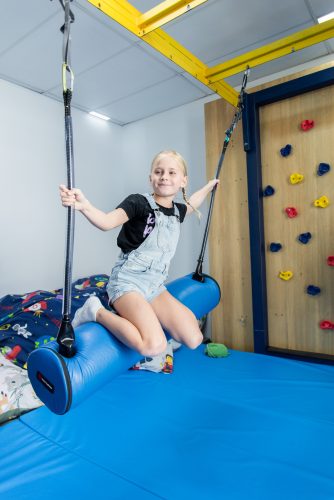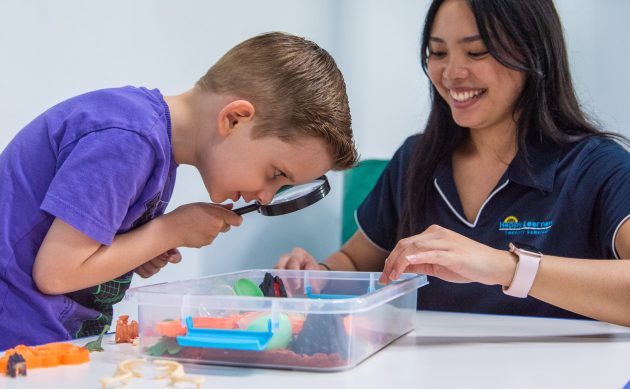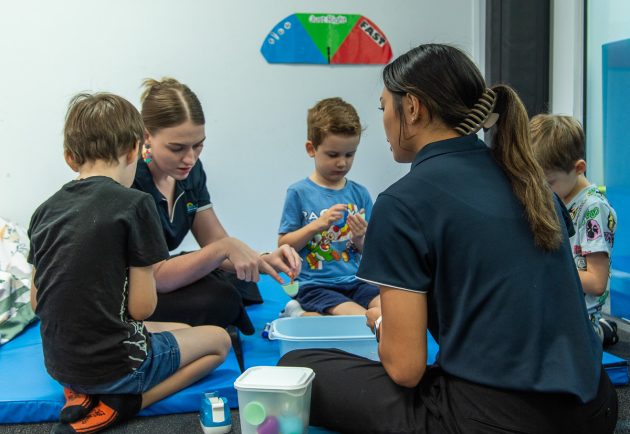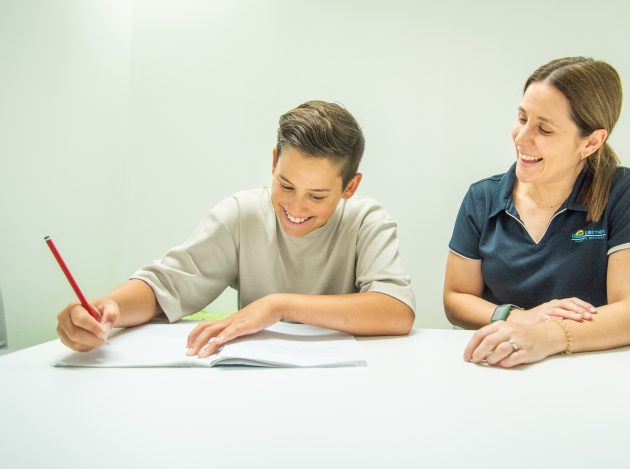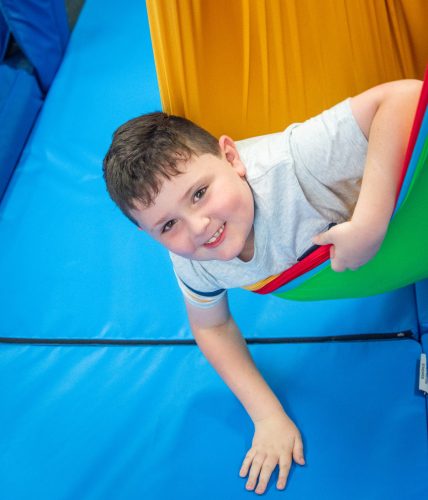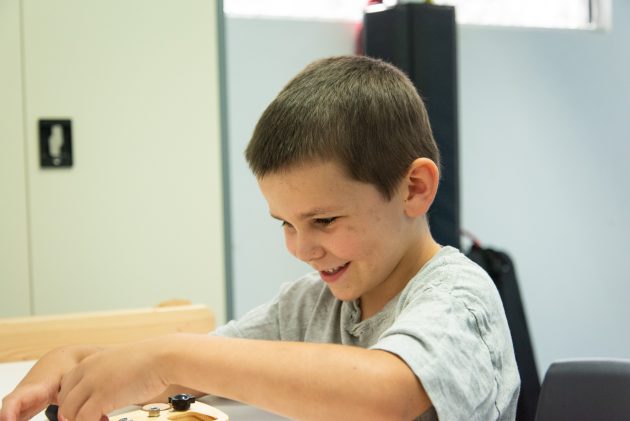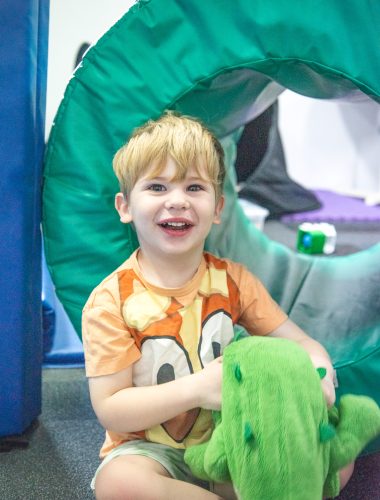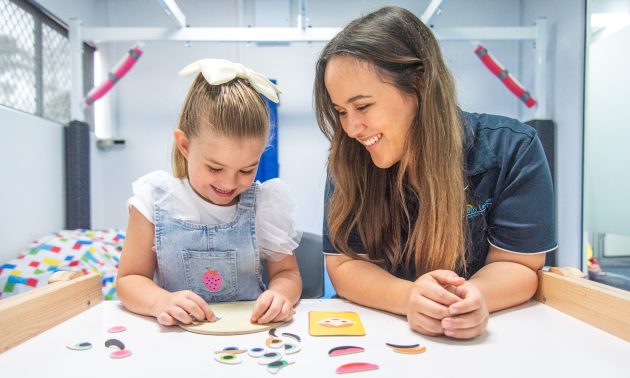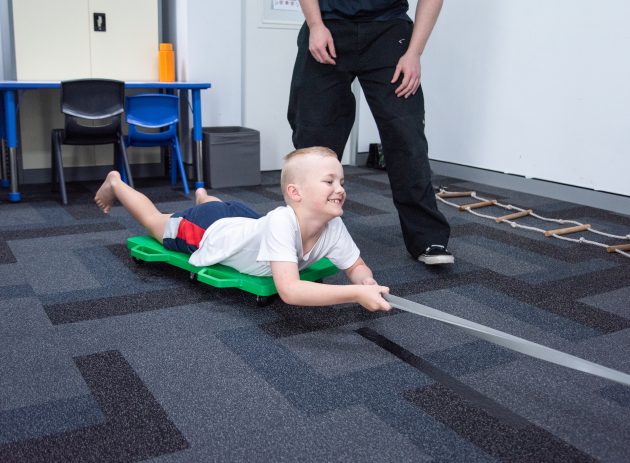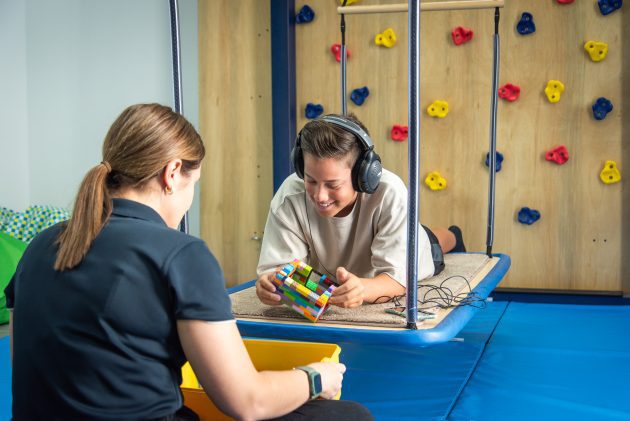Here’s a closer look at what Occupational Therapy can help with and when you might consider seeking support for your child or teen.
As a parent, it’s natural to wonder if your child is meeting their developmental milestones or whether extra support could help them navigate life’s challenges. Occupational Therapy (OT) is a profession dedicated to empowering children with the skills they need to thrive in their everyday lives. But how do you know when it’s the right time to reach out to a Paediatric OT?
Here’s a closer look at what OT can help with and when you might consider seeking support for your child.
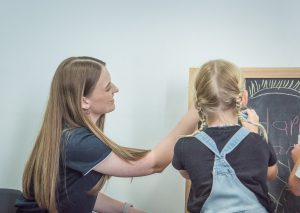
What Does an Occupational Therapist Do for Children?
Paediatric OTs focus on helping children develop the skills they need for play, learning, self-care, social interactions, regulation and more. They work with children of all ages who may be experiencing developmental delays, difficulties at school, emotional challenges, or trouble with daily activities like dressing, eating, or toileting.
OT can be a particularly valuable support for children with diagnoses such as Autism, ADHD, Developmental Coordination Disorder (DCD), Global Developmental Delay (GDD), or sensory processing challenges. OTs use a range of evidence-based approaches to support each child’s unique needs.
Signs Your Child Might Benefit from Occupational Therapy
If you’re noticing challenges in your child’s daily life, it might be time to explore OT. Below are some common reasons parents seek OT services.
Delays, difficulties of differences in the below areas for your child may be an indication that OT could be a helpful place to explore these challenges and get some support:
Self-Care:
-
- Dressing, grooming or washing
- Toilet training or toileting independence
- Feeding and food range
Fine Motor:
-
- Difficulties using a fork or spoon
- Challenges with buttons, zippers or shoelaces
- Challenges with writing or schoolwork (pencil, scissors, etc.)
- Difficulty with having strength through the hands
- You are concerned about their fine motor skill development
Gross Motor:
-
- Clumsiness, coordination challenges or poor balance
- Poor posture or fatigue
- Avoidance of physical activity
- Over-activity or movement seeking that interferes with daily activities or learning
- Always ‘on-the-go’, trouble sitting down for tasks
Sensory Processing:
-
- Sensitivity to sounds or noises such as vacuum, hand-dryer, hair-dryer, blender, outdoor noises (aeroplanes, thunder)
- Shows distress when touched, from wearing particular clothing or avoids messy play (During activities such as haircuts, nail cutting, hair brushing, teeth brushing)
- Appears clumsy or to have poor balance or movement patterns
- Seems to always be in motion or has difficulty being still for activities
- Seems to seek out crashing, squeezing, jumping, climbing, etc.
- Is avoidant of a lot of foods, or has a strict preferred diet
- Has difficulty with recognising hunger/fullness and/or toilet cues
- Gets dizzy or motion sick easily
Emotions and Social:
-
- Seems overly sensitive or can become easily upset
- Has difficulty regulating their emotions
- Has difficulty understanding or recognising emotions
- Has difficulty with transitions or changes in plans or expectations
- Needs support in communicating their needs
- Struggles to make and keep friends
- Seems to have difficulty understanding/recognising social rules/norms/cues
Play:
-
- May seem to have rigid, repetitive play, or difficulty with developing more complex types of play
- Demonstrates a preference for repetitive play
- Seems to ‘get stuck’ with their play or ideas
- May not include others in their play
- Prefers to play alone or beside others
- May seem inflexible with their peers
- May have difficulty initiating play or sustaining play
School Skills:
-
- Difficulties with handwriting or scissor skills
- Attention and Focus are areas of concern
- Self-regulation difficulties – may become easily overwhelmed in school environment
- Challenges at play-time and in social settings
- Difficulty transitioning from home-to-school, from activity-to-activity or from grade-to-grade
If your child consistently faces challenges in these areas, an Occupational Therapist can help identify the underlying factors and create a tailored plan to support their development.
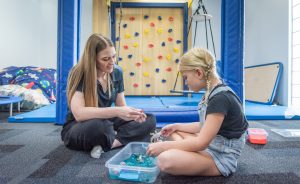
Why Early Intervention Matters
Seeking OT support early can make a big difference in your child’s progress. The earlier challenges are identified and supports put in place, the more opportunities your child has to build confidence and skills for success. Even if your child’s difficulties seem minor now, an OT can provide strategies to prevent them from becoming larger barriers in the future. Early intervention has been shown to be essential to children’s development in the future.
What’s the Next Step?
If you’re considering whether support from an Occupational Therapist may benefit your child – reach out and get in touch! Our team would be so happy to get to know your family’s concerns and be a support to you and your child. Occupational therapists develop an individualised plan to support you and your child. We work in collaboration with schools, daycares and families to make sure the needs of your child are met.

Occupational Therapy in Brisbane
At Happy Learners, we’re here to support families on their journey. If you’re searching for a Paediatric OT in Brisbane, our experienced team works with children of all ages to address developmental, functional, sensory, and everyday challenges.
Contact us today to learn more about how OT could help your child. Together, we can create a plan to support their growth, confidence, and success.

